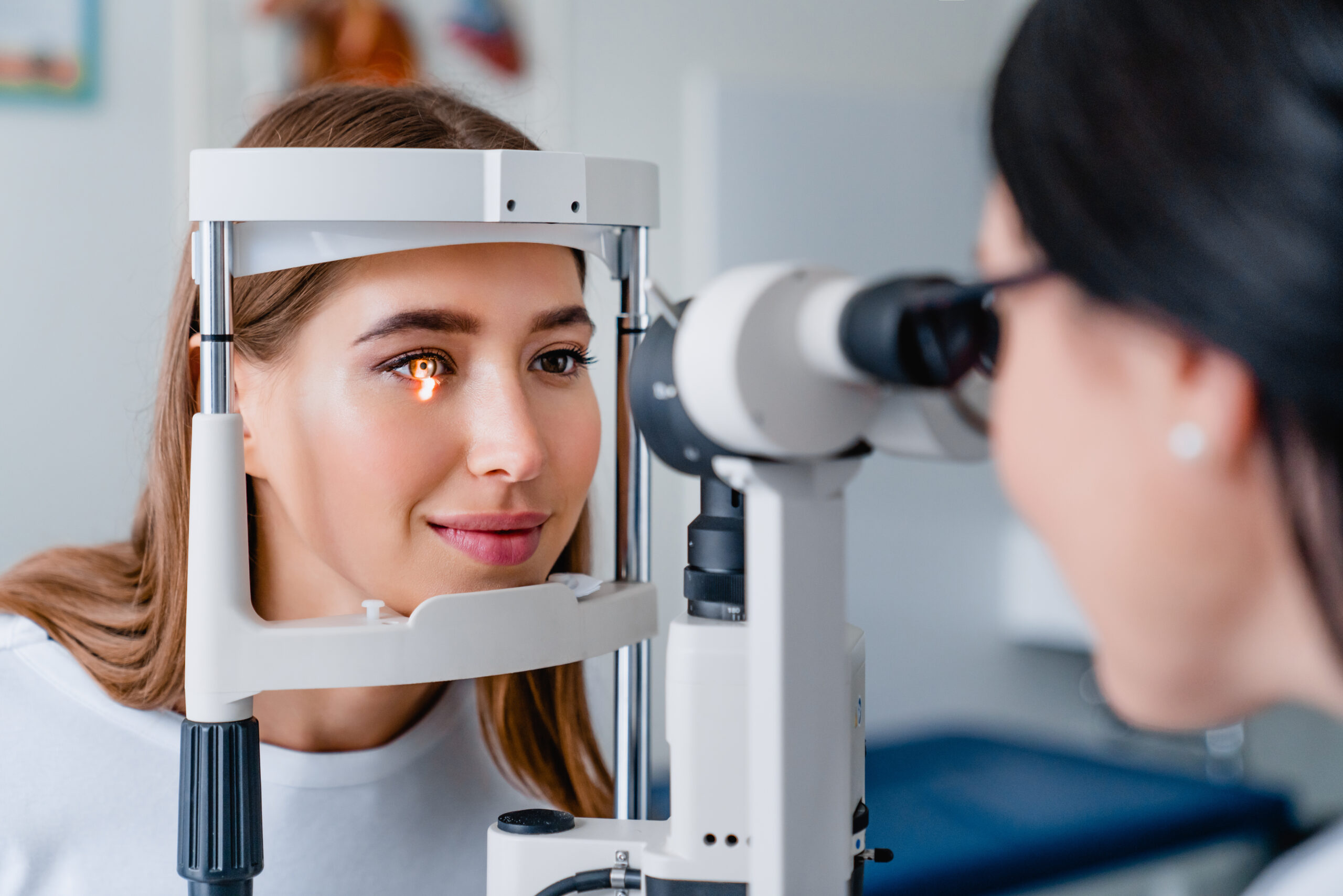Different cases of vision impairment remain prevalent in the U.S.; around 12 million people who are 40 years or older have a vision disability. Of this large number, around one million individuals are blind. While there have been studies on blindness and its development, no true “cures” have yet been discovered. However, a new study could reveal a lead on how to overcome this seemingly irreversible condition.
This study focused on cell-based therapy, otherwise known as stem cell therapy. The scientists developed healthy photoreceptor cells from stem cells and introduced them to the retinas of seven healthy dogs and three dogs with inherited retinal degeneration. These healthy cells survived long enough in the retinas of the dogs with inherited blindness to be able to make connections with the pre-existing retinal cells. In addition, the uptake of the foreign photoreceptors was more successful in the dogs with inherited retinal degeneration compared to the dogs without. Since the healthy dogs already had functional photoreceptor cells, the retina prevented the foreign photoreceptors from making any strong connections with neurons in the retina.
Retina of a healthy left eye.
Image Source: Callista Images
This research seems promising but requires further trials and experiments before any conclusive claims can be safely made. For instance, although it appears that neural connections were made in the dogs with inherited retinal degeneration, the study did not look at the impact on actual vision. Thus, while there may be hope for curing inherited blindness, there remains a long way to go before any human testing can be conducted and eventually, any final “cure” is discovered.
Featured Image Source: InsideCreativeHouse










